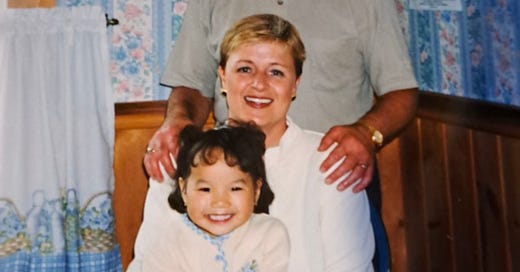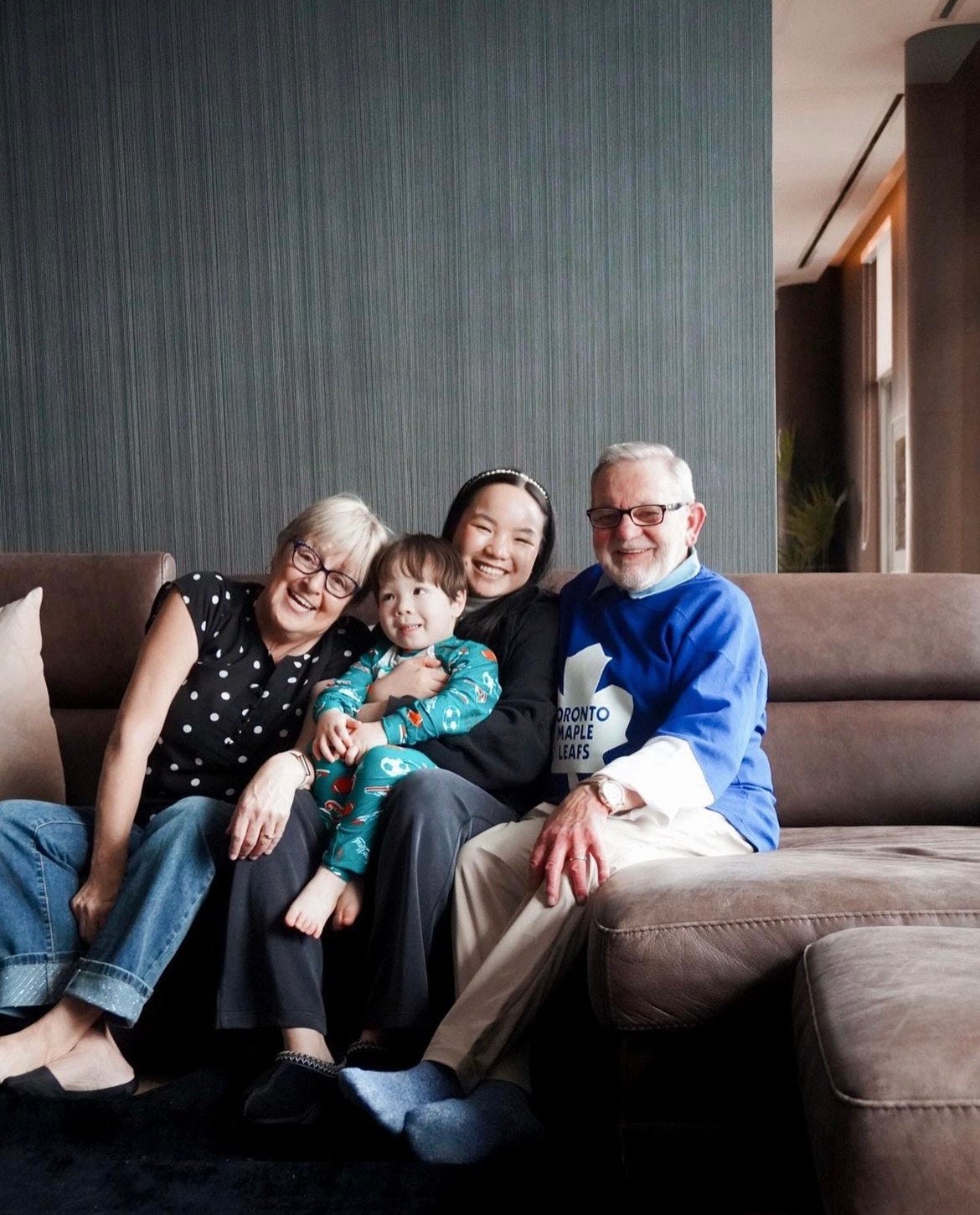There is one trait that I believe truly distinguishes a scientist. It's not their number of publications, how often their name is mentioned in rooms of important people, or even the rigour of their work. Before I delve into what this trait is, let me share a story that brings us to my point.
At about 6 months old, I was left at the gates of an orphanage in China. While some might view this as a bleak beginning, 26 years later, I see it as a moment filled with hope. This single action set off a chain of events that led to me sitting here in my two-bedroom apartment in Toronto, surrounded by a city that fuels my dreams and a family that reminds me I’m already living it. Occasionally, I am overwhelmed by emotion. Why was I chosen to receive a life filled with such opportunity and privilege? Was it merely luck? Perhaps it was a matter of supply and demand—after all, it was 1997, and I wasn’t the only Chinese baby girl facing such a fate.
Despite all conceivable explanations for my good fortune, I always return to one conclusion, not grounded in fact, logic, or historical context—though I acknowledge their influence—but rather, in intuition. My gut has always told me that I was brought here to return what was given to me: freedom, compassion, and limitless opportunities.
I have never felt compelled to search for my biological parents or uncover my origins. Perhaps part of me fears that once I go looking, I won’t be happy with what I discover. But mostly, I have made peace with simply not knowing all the facts and just existing as I am.
This leads to my central point:
Not everything in life requires scientific evidence, factual support, or logical reasoning to validate its existence. A competent scientist recognizes the limits of science as a methodology. A truly great scientist understands that science alone is insufficient.
It is merely a tool, one of many we use in our attempts to discern the greater truths of our world, often convincing ourselves we have all the answers. However, there are aspects of life that science cannot explain, those that are felt deeply within us, reminding us that our human capacity and capabilities extend far beyond what we can measure or even imagine.
I may never know my biological mother, but I have come to understand her existence deeply through the unconditional love I have for my son. This love, and the sacrifices that come with motherhood—making choices to give our kids everything we desire for ourselves—connect me to her in ways science never could.






I am touched emotionally by this reflection. It shows deep discernment and maturity that I have come to know of from the author.